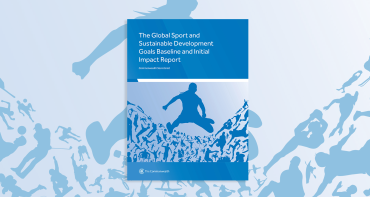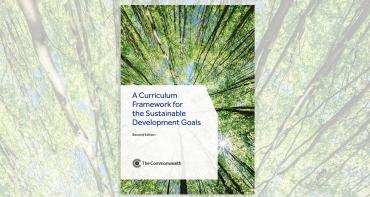Challenges, good practices and how to improve the civil society space were the centre of discussions amongst delegates from Commonwealth countries and civil society organisations, during a gathering held in the margins of the 39th session of the United Nations Human Rights Council in Geneva.

Challenges, good practices and how to improve the civil society space were the centre of discussions amongst delegates from Commonwealth countries and civil society organisations, during a gathering held in the margins of the 39th session of the United Nations Human Rights Council in Geneva.
The panel debate co-organised on 21 September by the Commonwealth Secretariat, the Commonwealth Human Rights Initiative, and the Permanent Missions of Australia, The Bahamas and Fiji, focused on the theme ‘Civil society space in the Commonwealth: a series of discussions to share good practices and identify challenges’.
It was the first of a series to mark the 70th anniversary of the Universal Declaration on Human Rights, and the 20th anniversary of the United Nations Declaration on Human Rights Defenders.
It was also a landmark co-sponsoring event for small states Fiji and The Bahamas, which are also standing as candidates for membership of the UN Human Rights Council.
Speaking as a panellist, the Permanent Representative of Fiji, Nazhat Shameem Khan, welcomed the enhanced role of the Secretariat in Geneva, including the work of the Commonwealth Small States Office, stating that: “Constructive engagement with civil society is an essential element in promoting people’s right to good governance, through which long-term developmental goals and prosperity could be achieved.”
Ambassador Nazhat Khan
Deputy Head of the Australian Mission in Geneva, Elizabeth Wilde, described civil society’s strong connections with local communities, its deep knowledge of relevant issues and understanding of relevant local and global contexts, as “invaluable” for policy-makers at local and national levels.
The Bahamas representative stressed the effectiveness of civil society in fighting vulnerability, marginalisation and holding governments accountable.
The Bahamas
Addressing the meeting as co-host, the International Director of the Commonwealth Human Rights Initiative Sanjoy Hazarika called for better cooperation between governments and civil society to protect human rights defenders, stressing the need for strategic partnerships.
The outcome of the event included recommendations and good practice examples for Commonwealth member states to consider in their continued effort to improve civil society space, as well as the desire to continue the conversation in the coming months during the series.
The Commonwealth Charter recognises civil society as a key partner in achieving development goals. This was echoed at the most recent meeting of Commonwealth leaders in April 2018, which “acknowledged the role of civil society organisations, including women’s rights organisations’” as essential for democracy and sustainable development to thrive.


